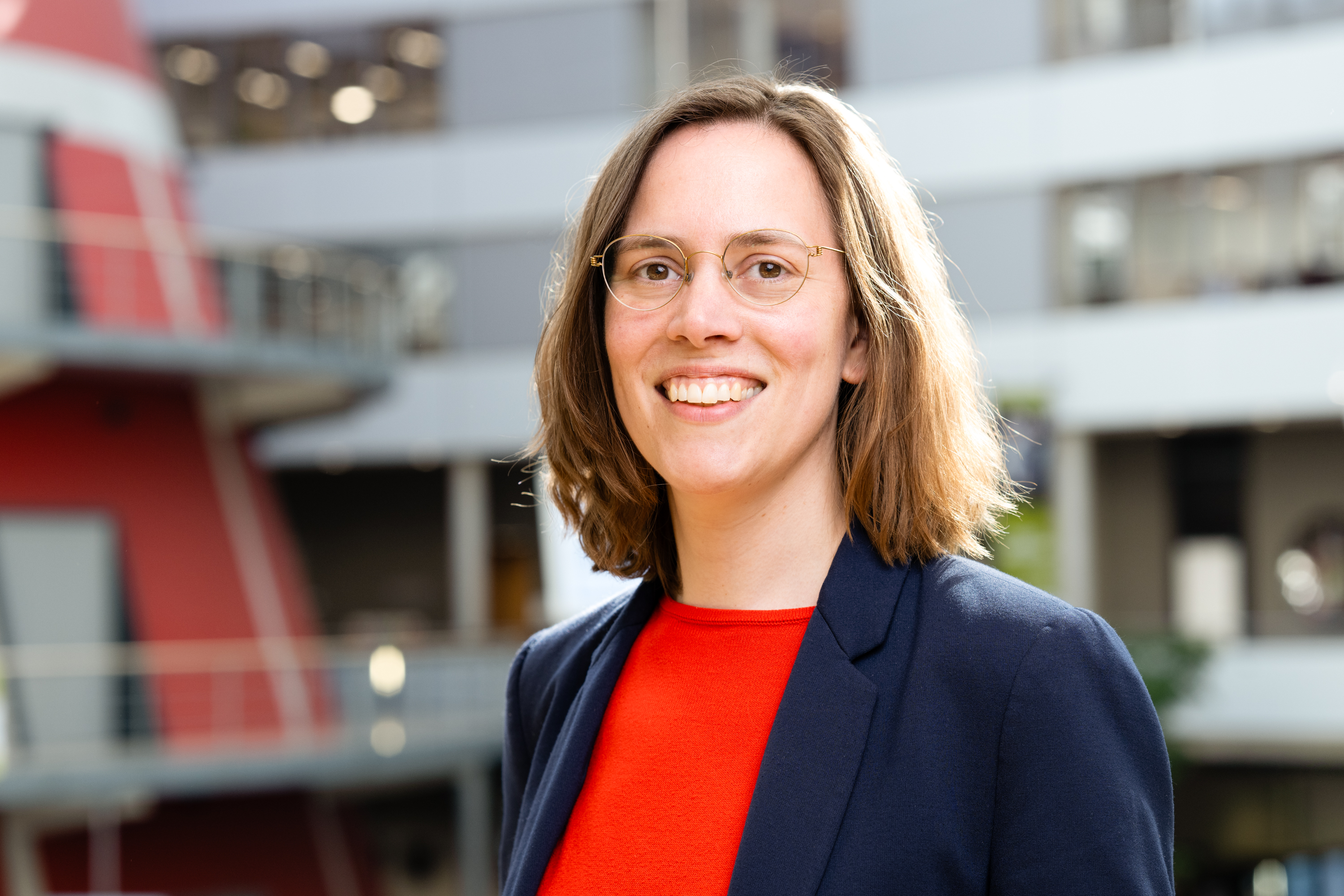Marianne van Bochove appointed Associate Professor of The Caring City
14 October 2025
“Conducting research with practice, that’s what I value most”

As of 1 October, Marianne van Bochove has been appointed Associate Professor of The Caring City. Her research, largely participatory action research, focuses on how responsibilities for caring in and for the city can be distributed in a fair and just way.
Marianne takes on her new role within the Research Group Urban Development, led by Professor Katja Rusinovic, and part of the Centre of Expertise (CoE) Governance of Urban Transitions (GUTs). The group studies urban issues and aims to contribute to equitable coexistence in an inclusive city. This is also a shared theme across the CoE. The ambition is a city where all residents have access to essential facilities such as housing, work, care, and a pleasant and safe living environment.
Over the past four years, Marianne has worked as a senior researcher at the Centre of Expertise. In her new position, she aims to strengthen collaboration between the research groups within GUTs and contribute to an inclusive city where everyone can participate and every voice matters.
A broad view of care
“Within the research group, I will focus on the theme of The Caring City,” says Marianne. “There’s growing attention for caring neighbourhoods, where residents are expected to look after one another. But a caring city is about more than informal help, it’s about how responsibilities for care are distributed across the city.”
“I’m an urban sociologist and researcher in the social domain, interested in how citizens, governments, and organisations interact in large cities. The work of American political scientist Joan Tronto, who argues for a broad understanding of care, is a great source of inspiration to me. Care is not only about what people give or receive, but also about caring for the physical environment and shaping a caring democracy.”
Participatory action research
“Much of the research within the Urban Development group is participatory action research, in which researchers collaborate with residents and professional partners. For example, I lead a project with professionals from housing associations, care organisations, the municipality, and advocacy groups for older adults. Together, we explore new initiatives for housing and care for the elderly. In a Community of Practice, we work on finding ways to create suitable housing that connects physical and social challenges.”
“Many of our studies also focus on young people and their influence on their living environment. A good example is the recently launched project Social Justice in the Caring City, where I work with researchers, lecturers, students, and Ukrainian youth to create a healing environment at their shelter location. Research that is not only about practice but truly with practice. That’s what I prefer,” says Marianne. “It’s not always easy and requires a lot of coordination, but both the process and the results are much stronger because of it.”
“Researchers should exchange more about the dilemmas of participatory action research and discuss what quality and impact mean in this context. We often face similar challenges without learning from each other’s experiences. That is why several GUTs colleagues and I’ve developed a learning programme on this topic. Ideally, we would like to make it available across THUAS, as it would be very valuable.”
Connecting research and education
Marianne also sees opportunities to further strengthen the link between education and research. “There are already many great examples of how education and research reinforce each other for instance, during practice days where students work on challenges brought in by professional partners, or when students join research teams through their Learning and Working Placements (LAPs), as we often do at GUTs. This helps them further develop their research skills. But structurally, as a university of applied sciences, we can take this even further,” says Marianne.
She has already contributed to this ambition as Chair of the Knowledge Centre Council, the representative body for researchers and staff of the six Centres of Expertise at THUAS. “I look forward to continuing this work in my new role as Associate Professor, helping to strengthen the bridge between education, research, and professional practice.”